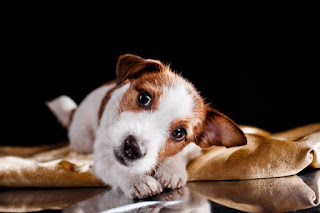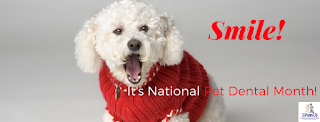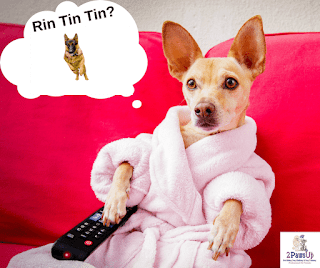Snellville Pet Sitter Talks About Why Dog Kisses Might Not Be the Best Idea for Your Health

We’ve all been there; we are happily saying hello to our fluffy friend Fido when all of the sudden he gets us on the mouth with his tongue. A thorough wiping of the mouth, gargling with water, washing our hands, and trying to remember what we last saw him licking ensues. This isn’t an experience many seek out, but getting ‘doggy kisses’ can also be something a few owners love. While difficult to hear and common-sense for others, letting our dogs lick our mouths is bad for a number of reasons. Here are some hard facts about what happens when people let their dogs kiss them and why we should avoid it. Why Do They Do It? Dogs love licking our mouths for a variety of reasons, but primarily because it is a classic act of submission. In a pack, wolves would have a complicated social dance to go through based on one wolf’s relationship to the pack hierarchy. Your dog’s interactions with you are exactly that – their expression of their place in the family...


